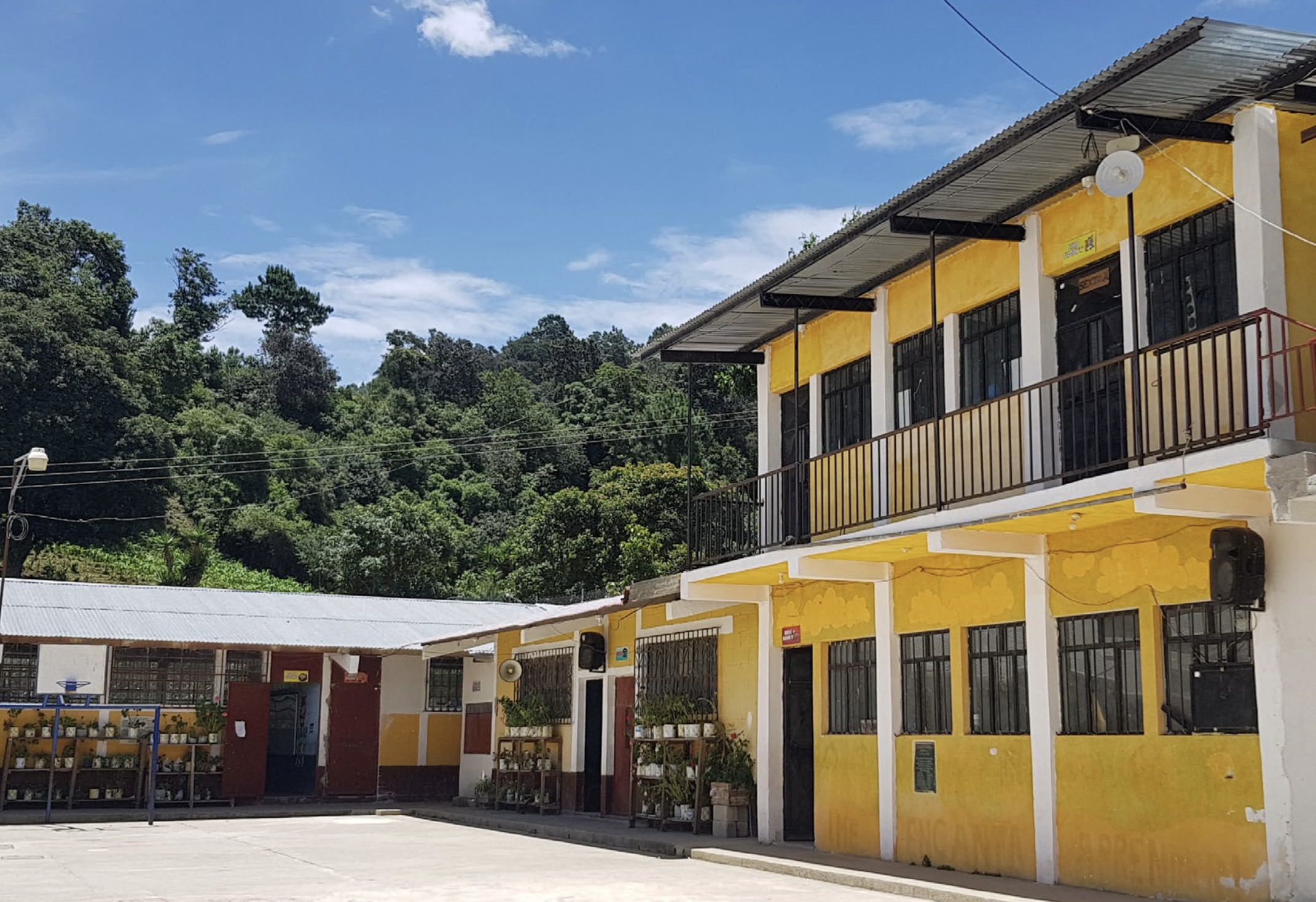
Guatemala
Fellows for Change Empowering Education Leaders in Rural Guatemalan Communities
- Status
- Completed Research
- Research Year
- 2022-23
Rural and Indigenous Guatemalan communities face multiple barriers that hinder their access to efficient, high-quality, and culturally appropriate education.This results in an education gap, with rural learners averaging less than four years of schooling while their urban counterparts go to school for an average of just over six years. Access to inclusive and equitable quality education was a goal established in the 2030 Agenda for Sustainable Development (United Nations, 2015), and is considered crucial for combatting the poverty and inequality that disproportionately affect vulnerable groups in Guatemala. Founded in 2013, ConnectED is a not-for-profit organization in Central America that empowers local leaders through capacity development, resource provision, and support of locally driven solutions. After successfully implementing their Fellows Model in Nicaragua, ConnectED scaled up and introduced the model to marginalized Guatemalan communities in 2020 to support the endeavours of local education leaders.
This research report identifies the Fellows Model elements that have the greatest impact on improving access, quality, and relevance of education for communities in Guatemala. The research delves into the model’s effectiveness in these areas to provide valuable insights for the development of sustainable and adaptable education initiatives in the region.
Researchers
-

-

-

-

University of Melbourne
Devyani Vadke
-

Mentors
-

University of Melbourne
Steve Fisher
Honorary Fellow in Development Studies at the University of Melbourne
-

University of Melbourne
Adrian Little
Professor of Political Theory and Pro Vice Chancellor International at the University of Melbourne
-

Related Information
-

Media
A week in Mexico: How to make the most of Melbourne’s global learning opportunities
-

Blog
Meet Arshia Jain of Team Guatemala 2022-23: Fellows for Change: Empowering Education Leaders in Rural Guatemalan Communities


